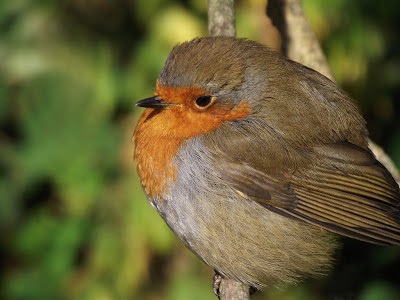Tis winter & the fields are bare &
waste
The air one mass of ‘vapour clouds & storms’
The suns broad beams are buried & oercast
& chilly glooms the midday light deforms
Yet comfort now the social bosom warms
Friendship of nature which I hourly prove
Even in this winter scene of frost & storms
Bare fields the frozen lake & leafless grove
Are natures grand religion & true love
The air one mass of ‘vapour clouds & storms’
The suns broad beams are buried & oercast
& chilly glooms the midday light deforms
Yet comfort now the social bosom warms
Friendship of nature which I hourly prove
Even in this winter scene of frost & storms
Bare fields the frozen lake & leafless grove
Are natures grand religion & true love
(lines 901-909)
John Clare, The Living Year, 1841
John Clare, The Living Year, 1841
Tim Chilcott (ed)
(Nottingham: Trent Editions, 1999)






























